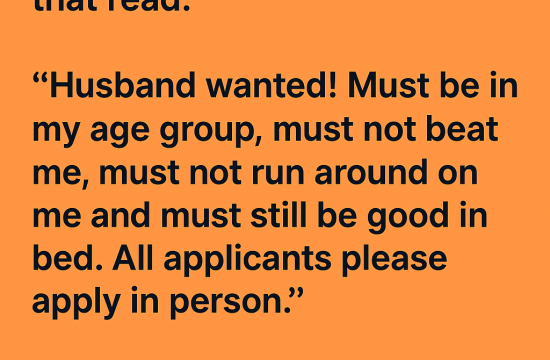UNITED NATIONS, Aug 16 (APP): The World Health Organization (WHO) said Friday is supporting African countries to scale up response to curb mpox, which is now an international global health emergency.
The outbreak that affected the Democratic Republic of the Congo (DRC) and spread to neighbouring countries continues to grow.
On Thursday afternoon, WHO member Sweden became the first country outside Africa to record a case of the mpox Clade 1 variant that is believed to be driving the latest outbreak. And on Friday, according to media reports, Pakistan detected 2 mpox cases in Khyber Pakhtunkhwa province.
“We are hard at work on the frontlines of the response, collaborating closely with governments and communities to strengthen mpox control measures and are ramping up efforts to curb the widening trend of the virus through coordinated action with partners and national authorities,” said Dr. Matshidiso Moeti, WHO Regional Director for Africa.
Mpox – formerly monkeypox – is a viral disease that can be transmitted through physical contact with an infected person, animal, or contaminated objects.
It was first detected in humans in 1970, in the DRC, and is considered endemic to countries in Central and West Africa.
Outbreaks are caused by different mpox viruses called clades, and the clade 1 strain has been circulating in the DRC for years, WHO said.
The emergence of a new offshoot – clade 1b – and its rapid spread, including to nearby countries, is among the main reasons why WHO declared on Wednesday that mpox constitutes a public health emergency of international concern (PHEIC).
So far this year, more than 2,100 laboratory-confirmed cases of the disease, and 13 deaths, have been reported in the DRC and 11 other countries: Burundi, Cameroon, Central African Republic, Congo, C´te d’Ivoire, Kenya, Liberia, Nigeria, Rwanda, South Africa and Uganda. This compares to 1,145 confirmed cases, and seven deaths, in 11 countries for all of 2023.
WHO said it is stepping up support to the affected countries by deploying additional experts, including epidemiologists and anthropologists, and providing initial funding to accelerate outbreak response measures.
Efforts are underway to enhance cross-border collaboration for case investigation, contact tracing and community engagement to ensure compliance with preventive measures, the UN health agency said.
The UN agency is also assisting national regulatory authorities to speed up regulatory approvals, as well as providing guidance to national immunization technical advisory groups to ensure readiness for vaccine rollout.
WHO said it has also begun the process for Emergency Use Listing (EUL) for mpox vaccines, which will accelerate access for lower-income countries which have not yet issued their national regulatory approval.
EUL means that partners such as Gavi, the Vaccine Alliance, and the UN Children’s Fund (UNICEF) will be able to procure doses for distribution.
WHO said it is also working to strengthen national diagnostic capacities by providing testing kits, and reagents, as well as machines to decentralize testing. Genomic sequencing is also ongoing to determine the mpox clades.
To enhance preparedness in countries neighbouring the DRC and those at risk, disease surveillance and training of frontline health workers is being increased, along with public awareness campaigns, the agency said.











